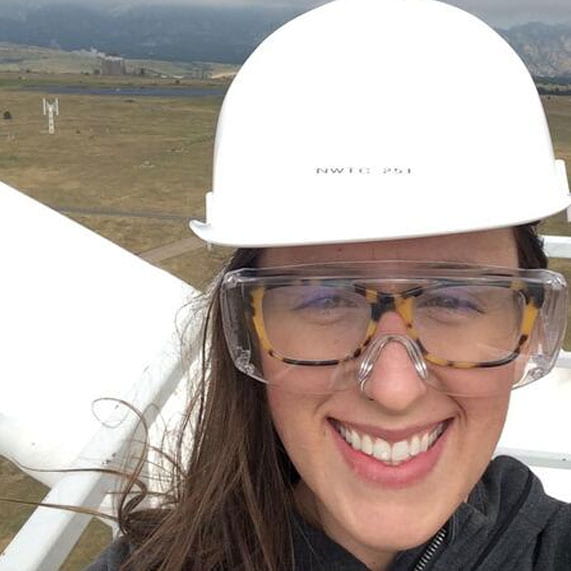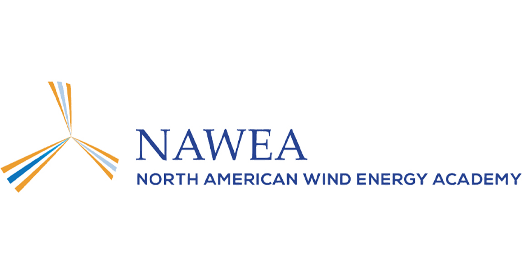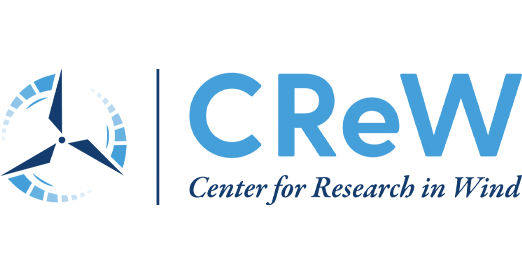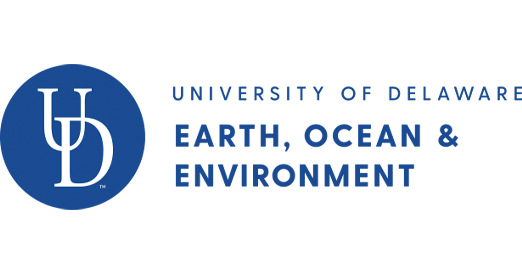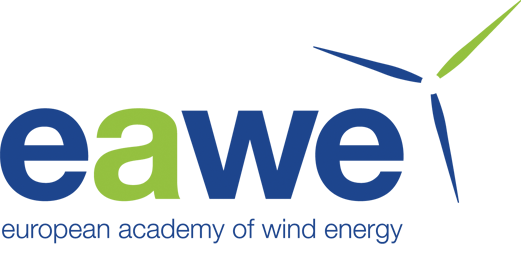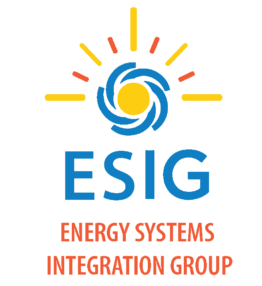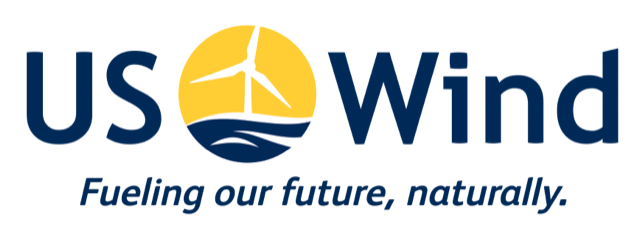Plenaries
Grid integration
Tuesday, 9/20/22 at 10:30AM in Auditorium 128
Register for the Zoom session: https://udel.zoom.us/meeting/register/tJEtduGvqjMiGdz_dW-ZnDt7yNpAIEzV4vuB
This session will address some major aspects of the electrical system environment in which a wind plant will have to operate, especially as the energy transition progresses from a fossil fuel dominated system to one much more heavily dependent on wind, solar and batteries.
Access the video recording here.
Chair
Charlie Smith, Executive Director, Energy Systems Integration Group (ESIG)
Mr. Smith is a member of the IEEE Power and Energy Society; a member of CIGRE, the International Council on Large Electric Systems; a US representative to the IEA Wind Annex Task 25 on Design and Operation of Power Systems with Large Amounts of Wind Power, and a Fellow of the IEEE. He is a recipient of the IEEE PES Ramakumar Family Renewable Energy Excellence Award, and currently serves as the Technical Advisor to the US National Committee for IEC SC 8A, Grid Integration of Renewable Energy Generation.
He received his BSME and MS degrees from MIT in 1970. He currently is the Executive Director of the Energy Systems Integration Group (ESIG). Previously, he served as President of Electrotek Concepts, an international power engineering consulting firm. He has over 50 years of experience in the electric power industry.
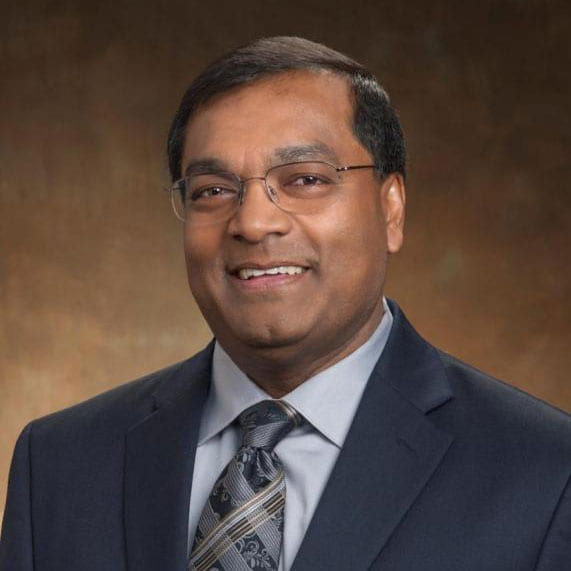
Speaker
Clyde Loutan, Principal, Renewable Energy Integration, CAISO
Topic
The need for and supply of ancillary services from wind and solar power plants (slides).
Bio
Clyde Loutan is presently a Principal Engineer at the California Independent System Operator Corporation (ISO) focusing on power system control performance, and was the Principal Investigator for several technical studies including the ISO’s renewable resource integration reports published over the years. He develop the ISO’s original “Duck Curve” to demonstrate how the increasing amount of variable resources will change how the balancing of the grid is managed. He was also instrumental in working with NERC to identify ramping capability or flexibility as an essential reliability service needed to integrate higher levels of renewable resources. Mr. Loutan has been instrumental in developing several operating policies and was the lead engineer in charge of investigating the root cause of the California blackouts in 2000/2001.
Mr. Loutan previously worked at the Pacific Gas and Electric Company for 14 years in various capacities such as Real Time System Operations, Transmission Planning and High Voltage Protection.
Mr. Loutan is a licensed professional engineer in the State of California. He holds B.S. and M.S. degrees in Electrical Engineering from Howard University in Washington D.C., and is a senior member of the IEEE
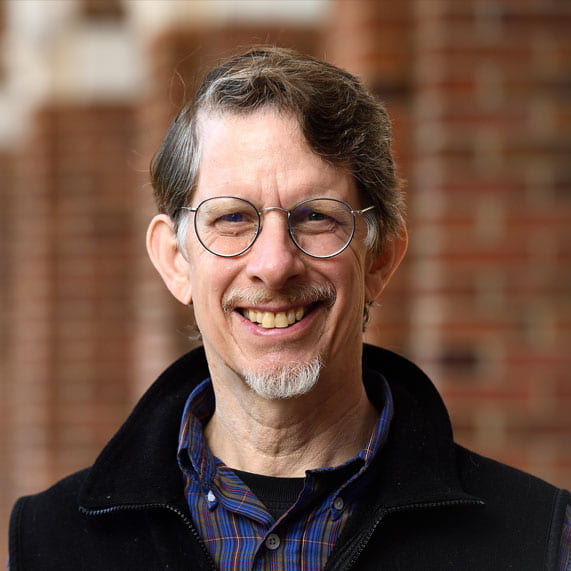
Speaker
Ben Hobbs, Professor, Johns Hopkins University
Topic
Market design consideration for future systems with a high share of renewable energy (slides).
Bio
Benjamin F. Hobbs is the Theodore and Kay Schad Chair of Environmental Management at the Johns Hopkins University, and a member of the O’Connor Sustainable Energy Institute leadership council. His Ph.D. is in Environmental Systems Engineering from Cornell, and previously he was at Brookhaven and Oak Ridge National Laboratories. Dr. Hobbs was appointed to the Market Surveillance Committee of the California Independent System Operator in 2001, and now serves as its Chair. He is a Fellow of IEEE and INFORMS, and has received the 2021 ESIG Energy Excellence Award and 2021 INFORMS Hotelling Medal for lifetime achievement. He is co-founder of the Columbia-JHU Future Power Markets Forum.
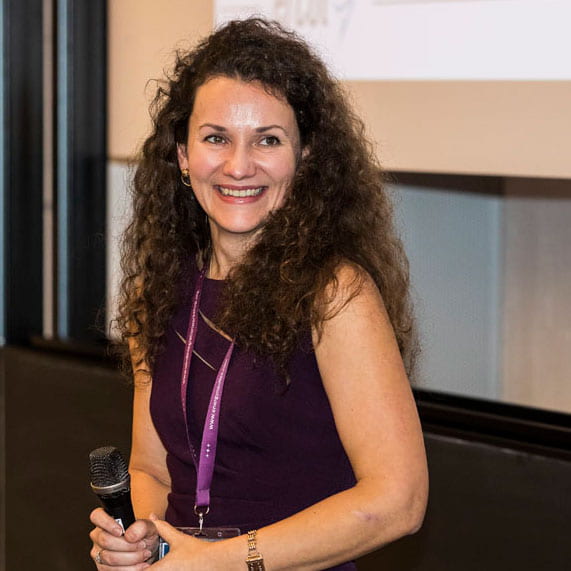
Speaker
Julia Matevosyan, Chief Engineer, ESIG
Topic
Moving the energy – Transmission system interconnection and planning (slides).
Bio
Julia Matevosyan is ESIG’s Chief Engineer and has more than 20 years of experience in the power industry. Prior to joining ESIG, Matevosyan was the Lead Planning Engineer of the Electric Reliability Council of Texas (ERCOT). In her time with ERCOT, she worked on adequacy of system inertial response, system flexibility, frequency control and performance issues related to high penetration levels of inverter-based generation and ancillary services market design. Julia received her BSc from Riga Technical University in Latvia, and her MSc and PhD from the Royal Institute of Technology (KTH) in Sweden.
Social/environmental aspects
Wednesday, 9/21/22 at 8:30AM in Auditorium 128
Register for the Zoom session: https://udel.zoom.us/meeting/register/tJwrdu2gqTkjE9KkeHYfbcoylvCAfPY-tWTT
The grand challenges of large-scale wind energy transitions are heavily grounded in social, cultural, and environmental considerations. This plenary will thus consider human dimensions of the (wind) energy transition on land and at sea, explore equity and energy justice themes, and examine how mitigating ecosystem impacts may be integrated into engineering designs for terawatt-scale land based wind. The plenary will commence with short presentations by each of the three speakers followed by a spirited, moderated Q&A with audience participation.
Access the video recording here.
Chairs
Jeremy Firestone, University of Delaware
Jeremy Firestone is a University of Delaware Professor and previously served as Director of UD’s Center for Research in Wind. Firestone undertakes wind power attitudinal research and teaches energy law. He is on the National Academies Committee on Environmental Science and Assessment for Ocean Energy Management. He holds a BS in Cell Biology, a JD, and PhD in Public Policy Analysis.
Bonnie Ram, University of Delaware
Bonnie Ram is an internationally recognized senior advisor and researcher in the human and ecosystem dimensions of wind energy. She is Associate Director for Strategic Initiatives at CReW (UD). Currently, she designs strategies for more robust local community engagement. Bonnie founded the first social science division at DTU-Wind and organized the first social tracks for NAWEA, EERA and WESC.
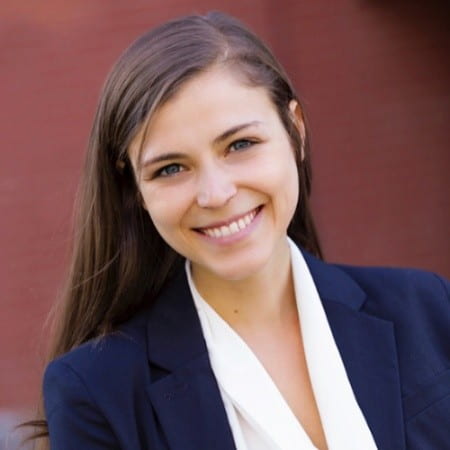
Speaker
Liz Gill, NREL
Topic
Human dimension of the grand challenges of wind energy developments (slides).
Bio
Liz Gill is a policy analyst at the National Renewable Energy Laboratory. Her research focuses on wind energy social acceptance and policy, energy equity, and community energy planning. Liz received her BA in political science from Willamette University and an MS in environmental policy and governance from the University of Oxford.
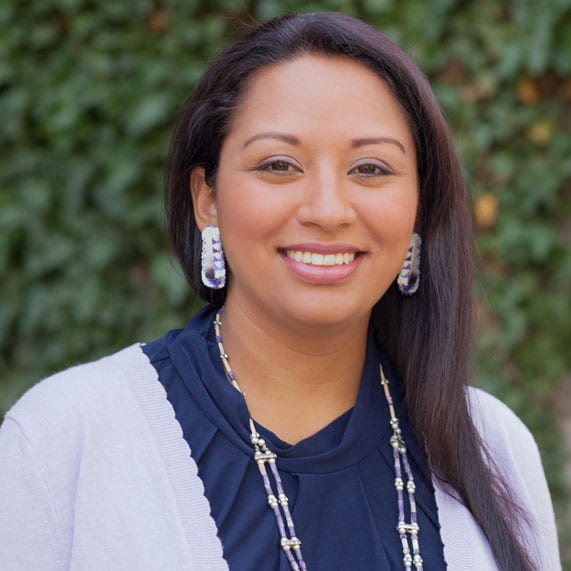
Speaker
Kelsey Leonard, University of Waterloo
Topic
Recognition, procedural, and distribute justice in the wind energy transition (slides).
Bio
Offshore wind
Wednesday, 9/21/22 at 10:30AM in Auditorium 128
Register for the Zoom session: https://udel.zoom.us/meeting/register/tJcrdu-spjgqE9xQD7QKRJUqptjMfjZIHl-8
Offshore wind is a key component to meeting our global goals of carbon neutrality. Offshore wind, however, is at a fundamentally different development stage than land-based wind, especially floating wind. To mature offshore wind to meet our aggressive clean-energy deployment goals, work is broadly needed on addressing immediate infrastructure needs as well as long-term research to continue to drive innovation. You will hear from three speakers today that will share some of the initiatives focused in these areas, as well as how we should prioritize our research activities.
Access the video recording here.
Chairs
Amy Robertson, NREL
Jason Jonkman, NREL
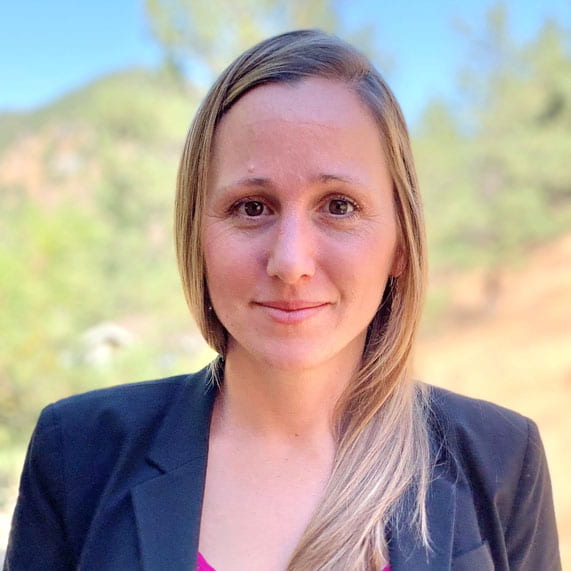
Speaker
Jocelyn Brown-Saracino, U.S. Department of Energy
Topic
National efforts to advance offshore wind in the US (slides).
Bio
Jocelyn Brown-Saracino is the Offshore Wind Energy Lead for the U.S. Department of Energy (DOE). Jocelyn helped contribute to the establishment of the joint agency 30 GW by 2030 goal and is leading DOE’s subsequent implementation efforts. Prior to assuming this role, Jocelyn served as program manager for DOE’s Wind Energy Environmental, Siting, and Workforce Development. She holds a master’s degree in marine science from the University of New England and a bachelor’s degree in biological sciences from Smith College.
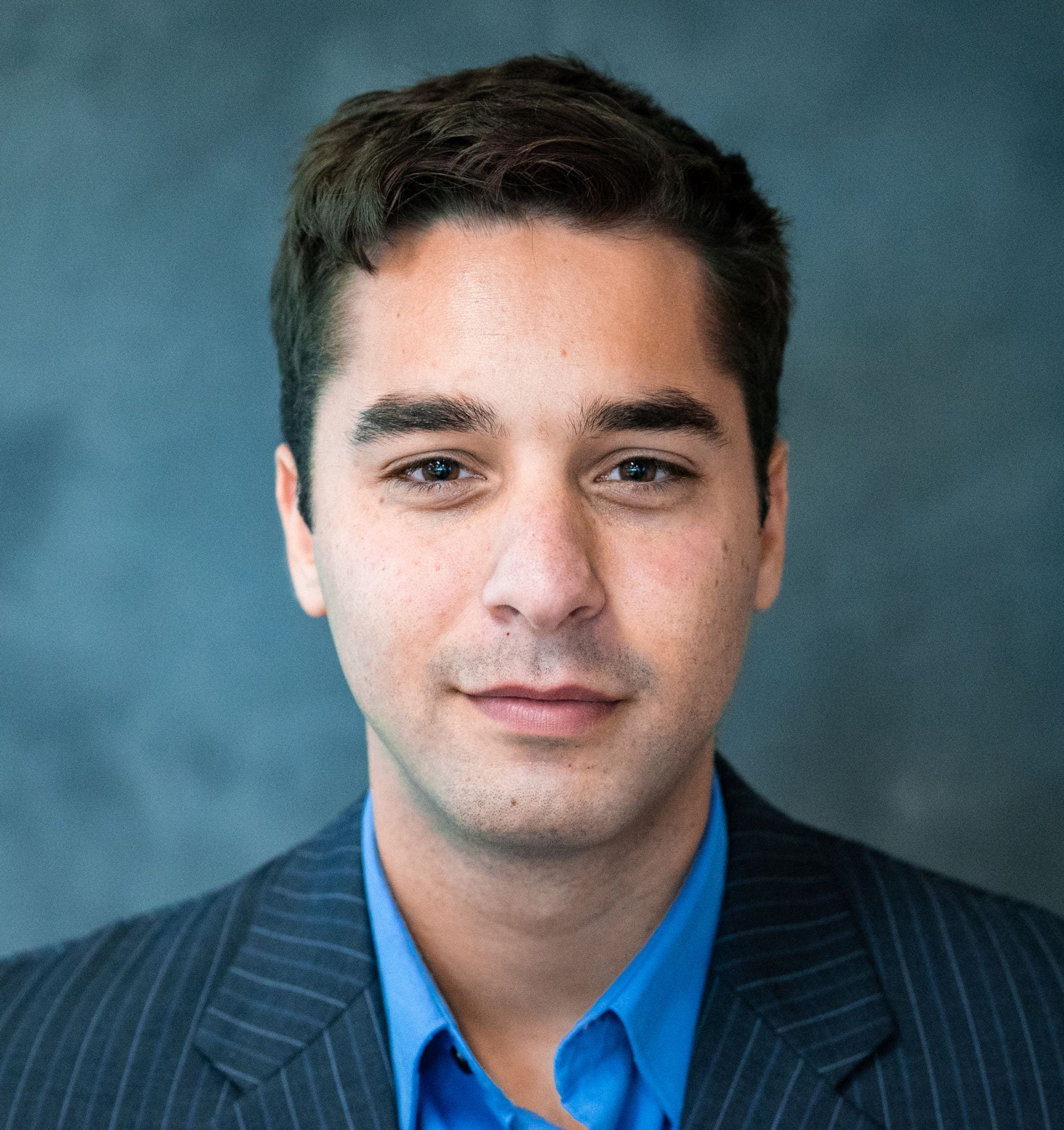
Speaker
Carlos Noyes, U.S. Department of Energy
Topic
An overview of the ATLANTIS program on behalf of ARPA-e (slides).
Bio
Coming from a background in wind turbine design, Dr. Carlos Noyes is a support contractor to ARPA-e, advising on energy-related technologies including, wind energy, hydrokinetic energy, nuclear energy, industrial cooling, and deep sea mining. He has supported the management of the ATLANTIS program throughout its entire life.
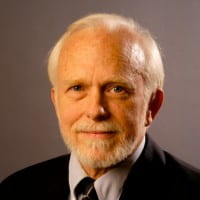
Speaker
James Manwell, University of Massachusetts Amherst
Topic
Offshore wind energy: What’s over the horizon?
Bio
James Manwell is a professor of Mechanical Engineering the University of Massachusetts and the Director of the Wind Energy Center there. He holds an M.S. in Electrical and Computer engineering and a Ph.D. in Mechanical Engineering. He has been involved with a wide range of wind energy research areas since the mid 1970’s. These range from wind turbine dynamics to wind hybrid power systems. His most recent research has focused on the assessment of external conditions related to the design of offshore wind turbines.
Wind turbines and wind plants
Thursday, 9/22/22 at 8:30AM in Auditorium 128
Register for the Zoom session: https://udel.zoom.us/meeting/register/tJUod-6rrzorHtcbjbxRHnjpkeCETVprwQv3
Boundary layer turbulence and wind energy systems controls encompass a wide range of scales thus presenting a wind energy grand challenge. The speakers will walk us through the effects of turbulence on wind farms and the accomplishments and emerging opportunities in controls.
Access the video recording here.
Chairs
Luis 'Tony' Martínez-Tossas, NREL
Luis A Martínez-Tossas is a research engineer at the National Renewable Energy Laboratory, with a background in theoretical aerodynamics and numerical simulations for wind energy applications. Martinez-Tossas obtained a BS and MS in Mechanical Engineering from University of Puerto Rico Mayaguez and followed by a PhD in Mechanical Engineering from Johns Hopkins University.
Raúl Cal, Portland State University
Raúl Bayoán Cal is a professor in the Department of Mechanical and Materials Engineering at Portland State University; a faculty member since 2010. He received his Ph.D. in Mechanical Engineering from Rensselaer Polytechnic Institute in 2006. During 2006 to 2009, he was a postdoctoral fellow at Johns Hopkins University. His area of research is focused on understanding fluid flow phenomena as it relates to physical systems such as turbulence with emphasis placed on physics related of wall-bounded, free-shear and multi-phase flows as well as wind/solar energy, and capillary microfluidics with interests in both terrestrial and space applications.
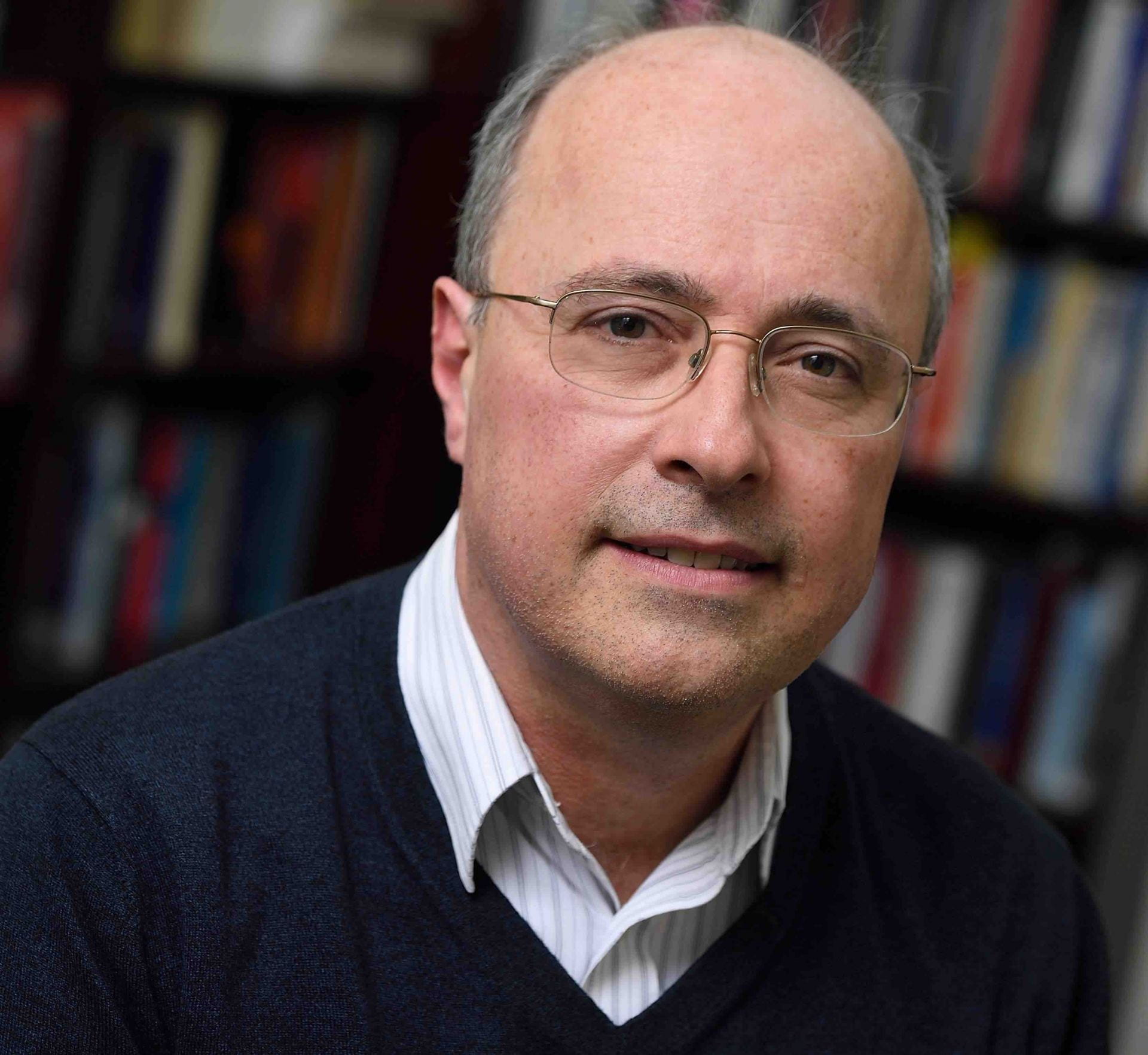
Speaker
Charles Meneveau, Johns Hopkins University
Topic
Boundary layer turbulence statistics and implications for wind farm models
Bio
Charles Meneveau is the Louis M. Sardella Professor in the Department of Mechanical Engineering and is Associate Director of the Institute for Data Intensive Engineering and Science (IDIES). His area of research is focused on understanding and modeling hydrodynamic turbulence, and complexity in fluid mechanics in general. The insights that have emerged from Professor Meneveau’s work have led to new numerical models for Large Eddy Simulations (LES) and applications in engineering and environmental flows, including wind farms. He also focuses on developing methods to share the very large data sets that arise in computational fluid dynamics. He received his B.S. degree in Mechanical Engineering from the Universidad Técnica Federico Santa María in Valparaíso, Chile, in 1985 and advanced degrees from Yale University with a PhD in 1989. He then was a postdoctoral fellow at the Center for Turbulence Research at Stanford and has been on the Johns Hopkins University faculty since 1990. Prof. Meneveau is Deputy Editor of the Journal of Fluid Mechanics and has served as the Editor-in-Chief of the Journal of Turbulence. He is a member of the US National Academy of Engineering, a foreign corresponding member of the Chilean Academy of Sciences, the recipient of the AIAA’s 2021 Fluid Dynamics Award, and a Fellow of APS and ASME.
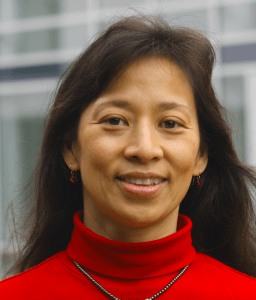
Speaker
Lucy Pao, CU Boulder
Topic
Control of wind energy systems: Accomplishments and emerging opportunities
Bio
Lucy Pao is a Palmer Endowed Chair Professor in the Electrical, Computer, and Energy Engineering Department and a Professor (by courtesy) in the Aerospace Engineering Sciences Department at the University of Colorado Boulder (CU Boulder). She is also a Fellow of the Renewable and Sustainable Energy Institute (RASEI), a joint institute between NREL and CU Boulder. She earned B.S., M.S., and Ph.D. degrees in Electrical Engineering from Stanford University. Her research has primarily focused on engineering control systems, with applications ranging from atomic force microscopes to multi-megawatt wind energy systems. She is a Fellow of the Institute of Electrical and Electronics Engineers (IEEE) and the International Federation of Automatic Control (IFAC) and is a foreign corresponding member of the Austrian Academy of Sciences. Selected recognitions over the last five years include the American Automatic Control Council (AACC) Control Engineering Practice Award, European Academy of Wind Energy (EAWE) Scientific Award, American Society of Mechanical Engineers (ASME) Nyquist Lecturer Award, IFAC Application Paper Prize Finalist, and CU Boulder Holland Faculty Award for Outstanding Mentorship. Selected current professional society activities include being an IFAC Technical Board member and an IFAC Pavel J. Nowacki Distinguished Lecturer.
Atmosphere/ocean sciences
Thursday, 9/22/22 at 10:30AM in Auditorium 128
Register for the Zoom session: https://udel.zoom.us/meeting/register/tJwvf-yvrjgiGNwlYJXxpipRgQr_4NxvKHmA
Three renowned panelists will discuss the latest research questions in atmospheric and ocean sciences with regards to offshore wind energy: Georgios Deskos will summarize the results and outcomes of a workshop on air-sea interactions and implications for offshore wind held in Feb. 2022, as well as present on a novel linear wave forcing method to represent the impact of the mechanics of ocean waves on marine atmospheric turbulent boundary layers; Jovanka Nikolic will present on simulating and characterizing the spatial and temporal evolution of the atmospheric boundary layer at the land-sea interface; and Brian Hirth will focus on measurements for offshore wind energy, in particular dual-doppler radar measurements of the coastal gradient impacts on an offshore wind farm. After their talks, the audience is invited to ask questions and participate in a lively discussion around the presented topics.
Access the video recording here.
Chairs
Caroline Draxl, NREL
Yelena Pichugina, NOAA
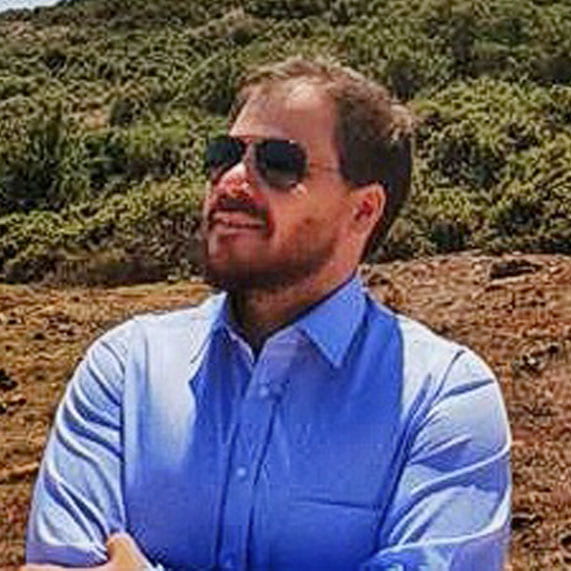
Speaker
Georgios Deskos, NREL
Topic
Air-sea interactions and offshore wind energy
Bio
Dr Georgios Deskos is staff researcher at the National Renewable Energy Laboratory. He received his doctorate from Imperial College London in February of 2019. At the end of 2019, he joined NREL and started working on high-fidelity modeling for offshore wind energy, including large-eddy simulation of the marine atmospheric boundary layer, wind farm aerodynamics, ocean wave mechanics and wind-wave interactions. As part of his research, Georgios is one of the key developers of the Exawind software stack including the multiphase AMR-Wind solver. He is currently leading the development of an Exascale-ready, multi-physics, multi-scale, numerical solver for high-fidelity modeling of floating offshore wind turbines.
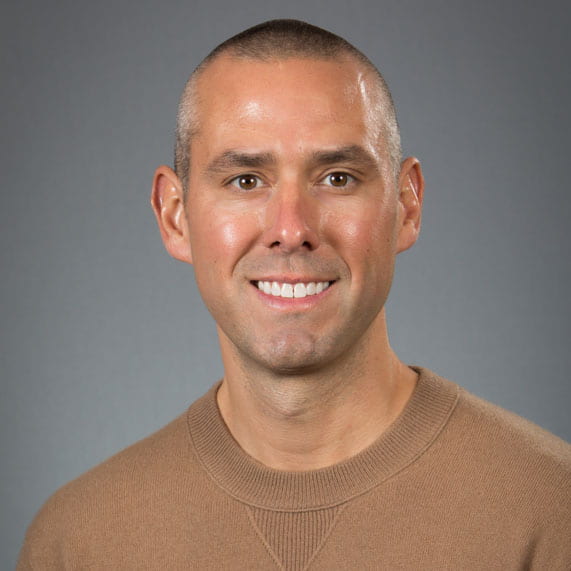
Speaker
Brian Hirth, Texas Tech University
Topic
Dual-Doppler radar measurements of the coastal gradient impacts on an offshore wind farm (slides).
Bio
Brian is a Research Professor for the National Wind Institute at Texas Tech University focused on obtaining measurements of the lower atmosphere to serve the atmospheric science, wind engineering, and wind energy communities. Brian’s active research makes use of specialized Doppler radars to construct dual-Doppler wind fields to map small-scale wind structure details in extreme events such as thunderstorm outflows and landfalling hurricanes, as well as the complex flows within and surrounding onshore and offshore wind farms.
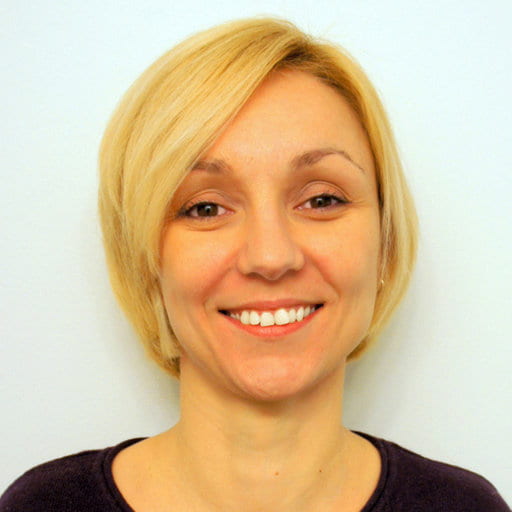
Speaker
Jovanka Nikolic, Indiana University Bloomington
Topic
Simulating and characterizing the atmospheric boundary layer at the land-sea interface (slides).
Bio
Jovanka is a postdoctoral researcher at Indiana University. Her current work focuses on large-eddy simulation of the flow in land-sea transitional environment and its impact on offshore flow characteristics. Particularly, she is interested in the impact these transitional environments have on atmospheric boundary layer, turbulence properties, offshore conditions, and its impact on offshore wind farm performance. She is also interested in influence of surface properties on wind resources, and her graduate research involved investigating impact of land use land cover change on various variables in the US.
